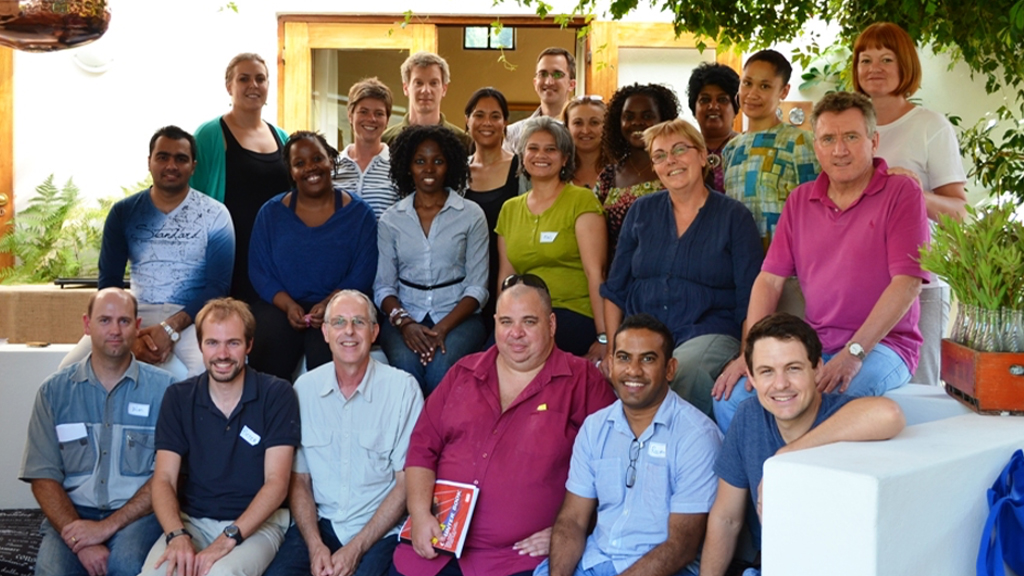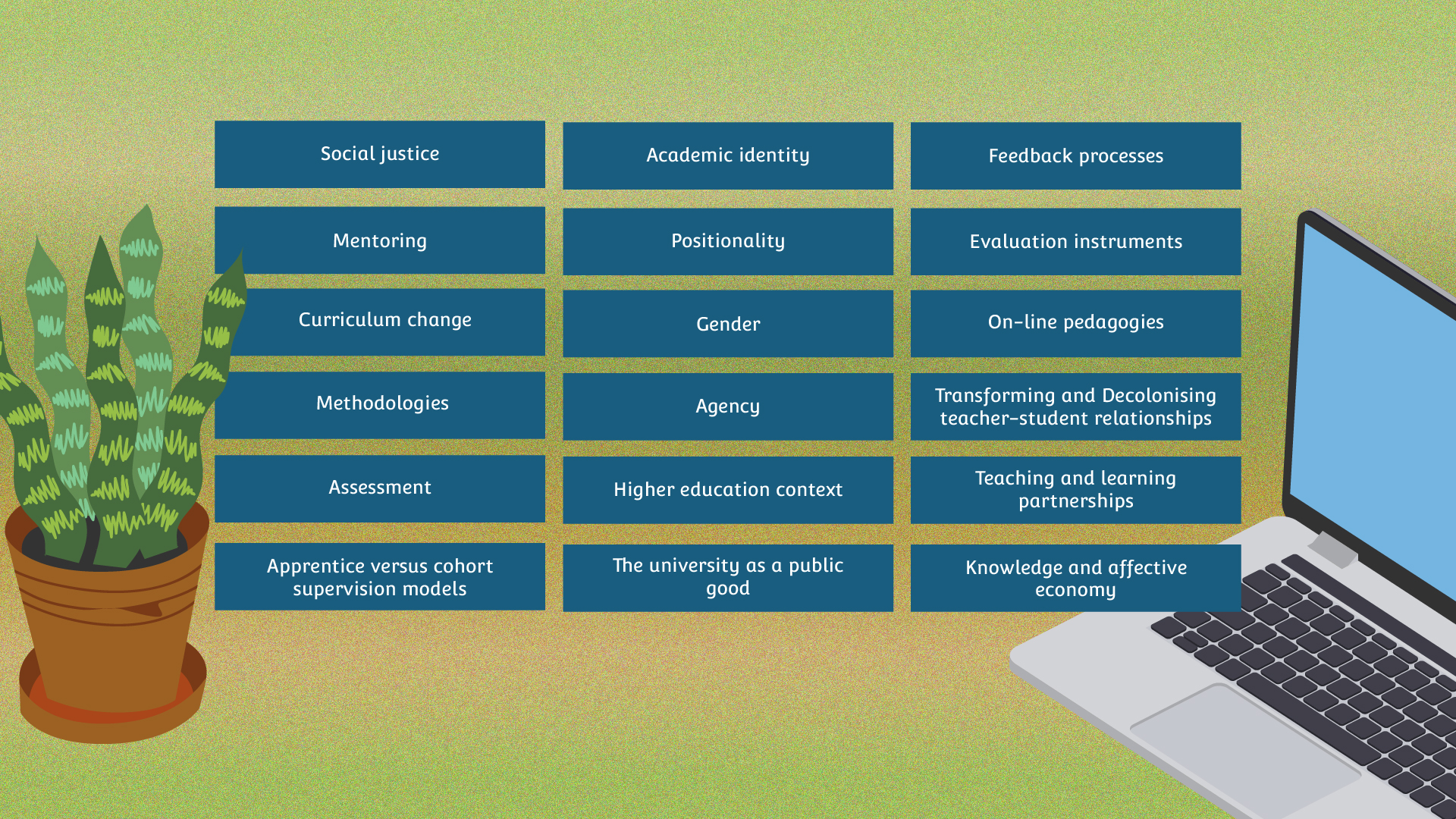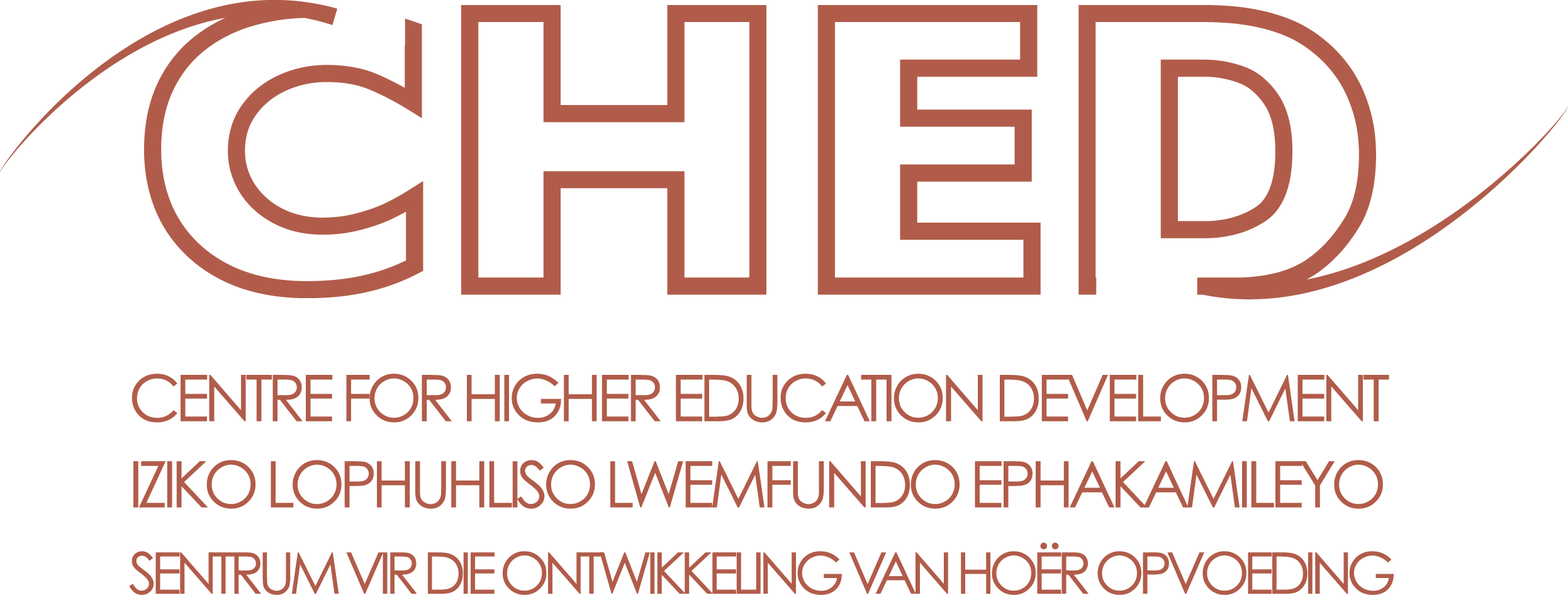The current suite of academic staff and professional development offerings are specifically designed as contextualised and well-conceptualised interventions to foreground a critical and socio-cultural approach to professional development in the context of a complex and changing higher education sector. These programmes are intended to equip academic staff with the current and necessary epistemic and methodological resources in order that they fulfil their responsibilities as academics with confidence.
The programmes highlighted below are illustrative in amplifying what is possible if ASPD is understood as a coherent set of offerings that embody a strong theoretical spine, axiological base, methodological applicability, epistemic plurality and ontological depth. By foregrounding some of the ASPD work, it is not the intention to background other important work being done in CHED or elsewhere, but to amplify programmes that have stood the test of time, have been evaluated and provide evidence-based data for ASPD work offered here.

New Academics

ASPD seeks to collaborate and forge links with emerging academics, embarking on a career in academia through the New Emerging Scholars programme (NESP) and the Next Generation Academic Practitioner (nGAP) programme as well as the Mellon Project for post docs and fellows. ASPD will support the work done in these programmes which are housed outside CHED but promoting national and local imperatives.
The New Academics’ Practitioners’ Programme (NAPP) provides a strong model of contextualised induction for new academics transitioning into HE. NAPP is a powerful networking opportunity, based on a community of practice model, for academics to collaboratively strategise around teaching, learning, curriculum and assessment issues related to discipline-specific projects - as well as to learn how to mediate issues of power, privilege, positionality, intersectionality and agency with peers and students.
The NAPP programme consists of a two and a half-day residential retreat plus two full-day teaching, learning, assessment and curriculum workshops spread out over a semester. NAPP runs in the first semester and is repeated with a new cohort in the second semester. In light of the university’s decision to adopt a blended teaching and learning mode in 2021, sections of the NAPP offering will be facilitated in contact and online mode.
With a keen focus on the higher education classroom in the context of transformation, decolonisation and change, NAPP provides a collegial space to have difficult conversations and to collaboratively strategise around issues of power, privilege, positionality and agency in interactions with peers and students. Participants identify a teaching project to explore as part of a critical reflection journey.
Emerging academics

The Short Course on Teaching (TSCOT) is a small group, participatory learning and action model of professional development to address a self-identified challenge or opportunity in their teaching and to develop ways of deepening perspectives, designing, implementing and evaluating their courses and teaching in their disciplines.
The strength of this model is its intimate setting, where a sense of trust is modelled and promoted. Participants also benefit from the cross-disciplinary constitution of the group, where differences in age, experience, disciplinary background and positionality contribute to the rich and informative perspectives shared in this space. It brings together a small group of emerging or established lecturers to share pedagogical perspectives in the context of a complex and changing higher education sector.
The TO course runs over six weeks and includes classroom visits, seminars and consultations. The TO is offered as an additional reflective and evaluative tool to offer an extra set of eyes on teaching practice and to work with student course evaluations on teaching.
Established Academics

In 2021 we successfully launched a new ASPD offering namely the Established and Seasoned Academic Practitioners’ Programme (ESAPP). This programme is targeted at enhancing the teaching practices of established or seasoned academics, with a focus on post-graduate teaching and supervision pedagogy.
This new programme draws on established academics’ strengths, experiences and capacities to further enhance and give substantive shape to academics’ teaching aspirations as post-graduate university teachers and supervisors. ESAPP focuses on academics who have been in HE/ at UCT for 5-15 years (or longer) and who themselves recognise a need for a ‘refresher course’ on the latest, current and relevant teaching frameworks and curriculum models in relation to post-graduate teaching and supervision pedagogy.
ESAPP consists of a two-day residential retreat (online or F2F) at the beginning of each year.
A cohort of 20 academics will be invited to engaged with a series of relevant topics focused on increased contextual and disciplinary understanding and awareness of strategies to exercise their agency in post graduate teaching and supervision pedagogy. Topics to be covered:

Contact details
NAPP and ESAPP Convenor: Associate Professor Kasturi Behari-Leak
NAPP and ESAPP Programme Manager: Mr Ntobeko Mbuyisa
NAPP and ESAPP Administrator: Mrs Avrill Dawson
